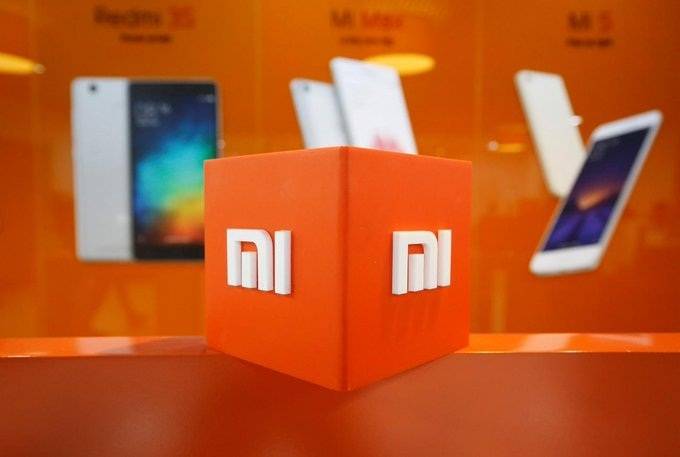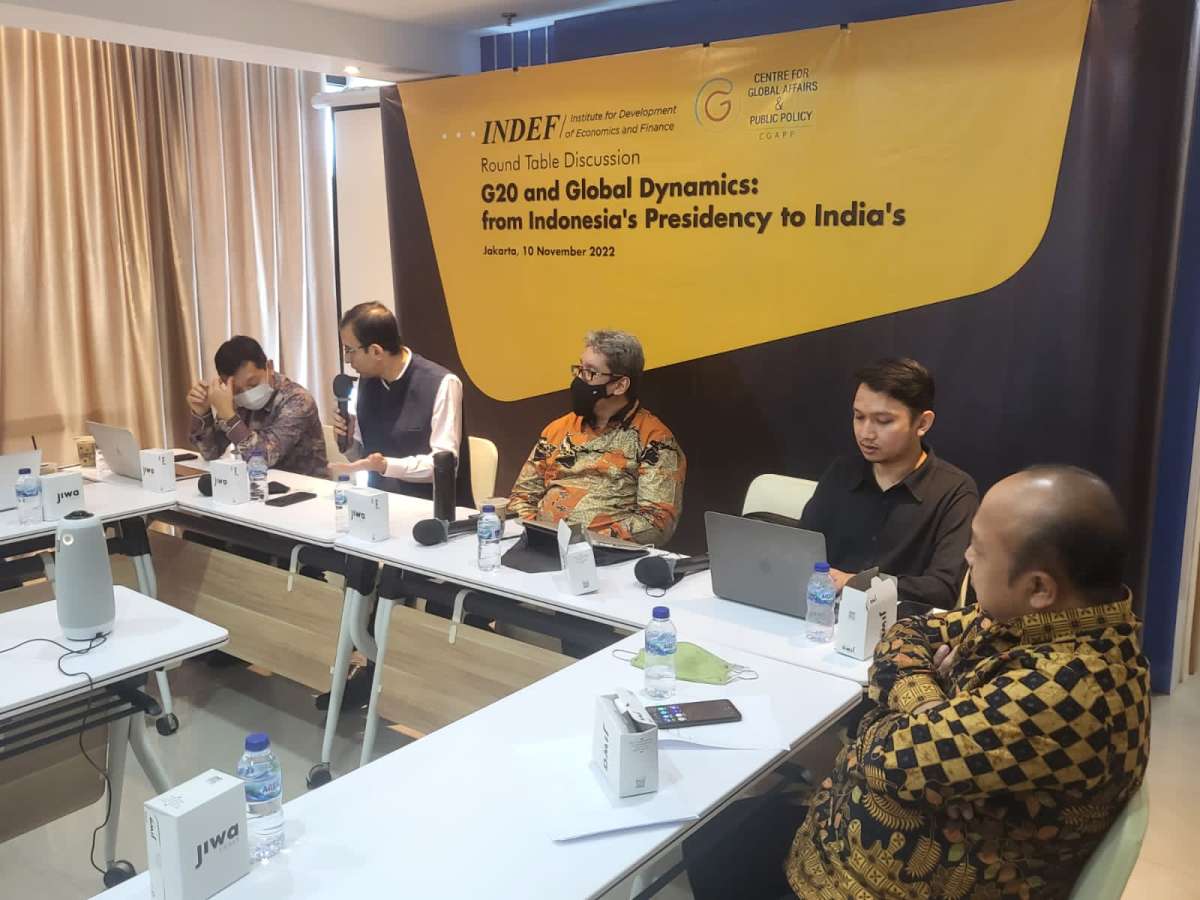Chinese businesses like Xiaomi have already been impacted by India’s emphasis on consumer protection, raising concerns about the future growth potential of foreign businesses in India. Given Xiaomi’s cost and sizable ecosystem, many consumers find this to be very worrying
Xiaomi, a Chinese producer, and designer of numerous consumer electronics products, cemented its position as the third-largest smartphone vendor in the world in October 2022, trailing only Apple and Samsung. With its extensive ecosystem of goods, services, and software, Xiaomi has been able to bridge a significant gap in the availability of inexpensive access to digital services in many developing nations, including India. Xiaomi is known for producing affordable smartphones.
Despite this accomplishment, Xiaomi removed its MiPay and MiCredit apps from the Indian market in late October 2022. Given Xiaomi’s position as India’s leading smartphone seller despite the industry’s expected downturn in late 2022, this move is especially puzzling.

In contrast to depending on externally sourced technology vulnerable to state-actor influence, the elimination of these auxiliary commercial services backed by Xiaomi illustrates the growing need for governments like India to control data and information more effectively domestically.
In response to being labelled as a “Communist Chinese military business” during the time by the United States, Xiaomi publicly declared in January 2021 that its goods are not “owned, controlled, or linked with the Chinese military.
The recent cutbacks in Xiaomi’s services in India suggest that more people are becoming aware of the procedures that could provide the Chinese government access to private individual and national-level data. Due to the advances that Chinese technology infrastructure may provide to citizens at a reasonable cost, India’s actions show a decrease in the tolerance that was previously granted to businesses.
MiPay and MiCredit helped Xiaomi expand its foothold in India, where it had previously included the majority of its product lines. Users may conduct transactions on the unified payments interface (UPI) payment network in India using MiPay, while MiCredit serves as a marketplace for low-interest personal loans.
MiPay, which was formerly ranked at position 15 on the UPI’s approved third-party application page, used its connection to UPI to compete with domestic systems like Google Pay and the Indian apps BharatPe and PayTM. While BharatPe, PayTM, and Google Pay dominate India’s UPI payments ecosystem, MiPay, which made its international debut in 2019 as Xiaomi’s maiden financial service release, appears to be in a strong position to capture a sizable portion of the market. The market share of each app was limited by a January 2021 rule to 30 percent of the whole market;
MiPay’s seamless integration with Xiaomi phones was anticipated to help it attract customers in light of the application of this ruling in January 2023.
MiCredit used phone activity data to assess users’ creditworthiness, searching these records for transaction data and other specifics. To promptly provide loans to users, this information would subsequently be given to regional partners like the company KreditBee.
Chinese businesses like Xiaomi have already been impacted by India’s emphasis on consumer protection, raising concerns about the future growth potential of foreign businesses in India. Given Xiaomi’s cost and sizable ecosystem, many consumers find this to be very worrying.
Due to “illegal transfers” sent to overseas organisations, India’s federal agency for combating financial crime, the Enforcement Directorate, seized cash from Xiaomi India at the beginning of October 2022. The Indian government had sent letters to Chinese-based smartphone makers including Xiaomi, Oppo, and Vivo, requesting information on the data and components used in each of their smartphones, in October 2021, one year before this statement. In addition, India banned 59 Chinese apps in June 2020, including the social forum and web browser software MiCommunity and MiBrowser from Xiaomi.
The stringent regulatory measures India has taken against Chinese companies, including Xiaomi, show the lengths it would go to defend its citizens’ own digital infrastructure. The ban on Xiaomi-specific applications raises more concerns about the possible digital influence of Chinese government state actors.
The steps taken by India appear to be especially focused on preventing foreign access to and influence over the data of its citizens. This idea of ensuring digital infrastructure sovereignty is supported by the elimination of apps like MiPay and MiCredit, which offer unmatched access and placement into important data networks like UPI and users’ specific devices.
The decision by India to limit access to vital data networks like UPI and consumers’ mobile-specific data through MiPay and MiCredit highlights the developing need for countries to understand the importance of technology infrastructure sovereignty, especially in this era of strategic competition. Although Xiaomi is currently perceived as having relatively few ties to the Chinese government when compared to other companies like Huawei and ZTE.














